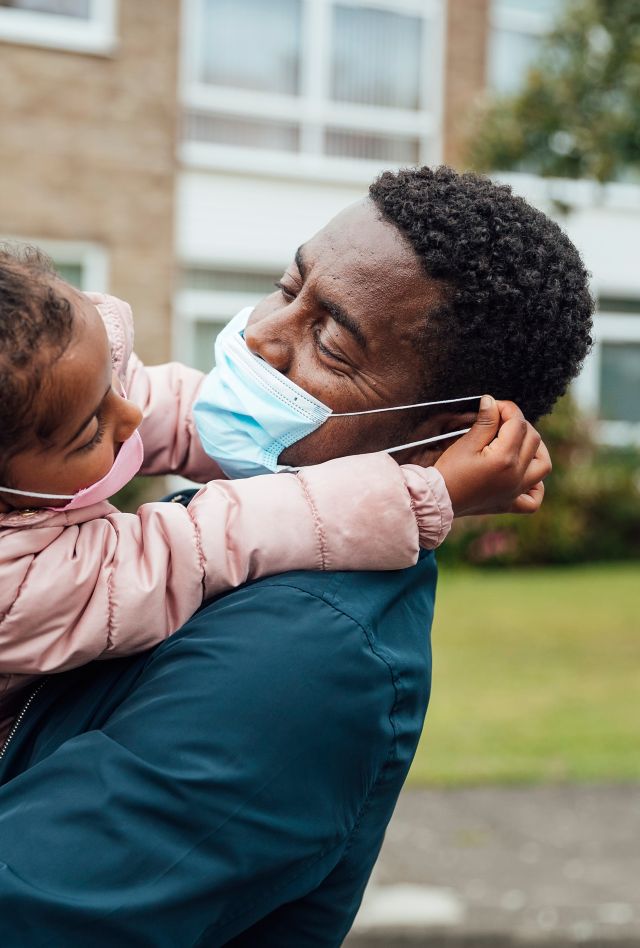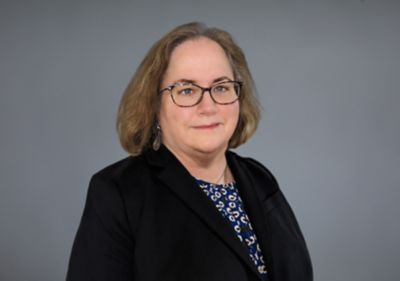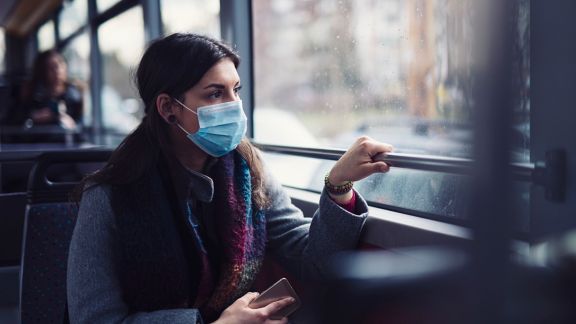Evaluation of the National COVID-19 Resiliency Network

Problem
COVID-19 amplified differences in health outcomes and gaps in the U.S. health care system.
The COVID-19 pandemic impacted various populations differently, resulting in higher disease burden, hospitalization, and mortality among some groups. Amidst the national public health emergency and its ever evolving clinical and public health knowledge base, there was a need to take stock of the rapid federal, state, and local efforts to mitigate the impact of COVID-19. This included evaluations of coordinated national, multi-sectoral responses across communities in the U.S.
Solution
A mixed-methods evaluation of a coalition of partners looking to address the impact of COVID-19.
Morehouse School of Medicine established the National COVID-19 Resiliency Network (NCRN), a coalition of 46 strategic and over 300 national, state/territorial/tribal, and community-level organizations. NCRN was funded by the Department of Health and Human Services Office of Minority Health to disseminate information about COVID-19 testing and vaccination and link individuals to health care and social services.
NORC conducted a mixed-methods process and outcome evaluation of NCRN to assess the reach, adoption, and implementation of NCRN efforts, identify best practices and lessons learned, and assess the effectiveness and impact of the network. Through this effort, NORC:
- Developed and implemented an evaluation and monitoring plan and logic model
- Established an evaluation advisory board of NCRN partners to inform evaluation activities
- Fielded the Collective Community Capacity Survey with 65 NCRN partners to understand the structure of the network and its role in expanding community capacity
- Interviewed 26 partners to understand their perspectives on the network’s progress
- Led a participatory process to field NCRN’s COVID-19 Health Assessment and Mitigation Planning Survey (CHAMPS) of community members
- Conducted qualitative analyses of NCRN partner and microgrant recipient monitoring reports
- Produced several research briefs, articles, reports, and presentations
Result
Evaluation insights to improve response, recovery, and resilience of communities.
NORC found that NCRN:
- Developed a multi-sectoral and centralized network of partners with a shared vision and mission and mutual commitment, trust, and accountability
- Enhanced partner and community-based organization capacity and infrastructure to support response, recovery, and resilience
- Successfully built a website and mobile application that community health workers and partners used to disseminate resources and connect people to services
- Engaged in research efforts to track trends, understand information gaps, and develop COVID-19-related messaging
- Reached over 16 million people with communication activities
- Increased access to health care, social services, and COVID-19 vaccinations and tests across communities
Learn More About the Study
A new evaluation report and practitioners’ guide from the Mayor’s Office for Economic Opportunity (NYC Opportunity) highlights how participatory design can promote emotional well-being for vulnerable populations.
Related Tags
Project Leads
-
Petry S. Ubri
Senior Research ScientistProject Manager -
Brandon Coffee-Borden
Senior Research ScientistSenior Staff -
Jennifer Satorius
Senior Research ScientistSenior Staff -
Karen Swietek
Principal Health EconomistSenior Staff
About the Collective Community Capacity (C3) Survey
The Collective Community Capacity (C3) Survey is a rigorous, contextually tailored way to understand a community’s capacity to improve its conditions. The instrument examines six core areas of capacity needed to support, sustain, and spread community change.
The C3 Survey is collectively owned and managed by NORC, the Children’s Bureau of Southern California as fiscal sponsor of the Population Change Institute, and Casey Family Programs.
View the C3 survey (English)
View the C3 survey (Español)
For more information, see the following peer-reviewed journal articles:












